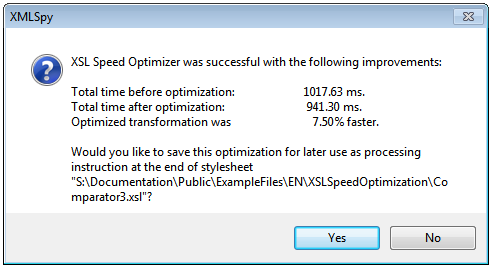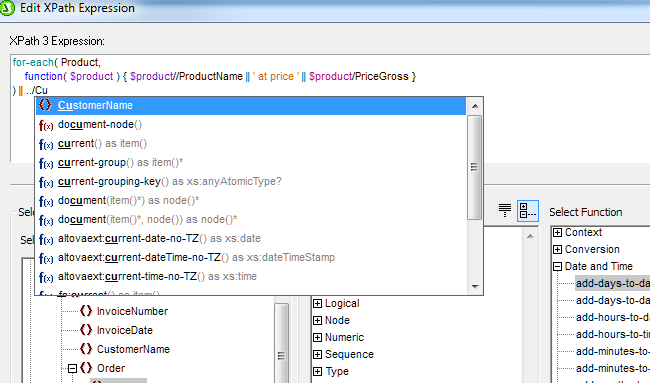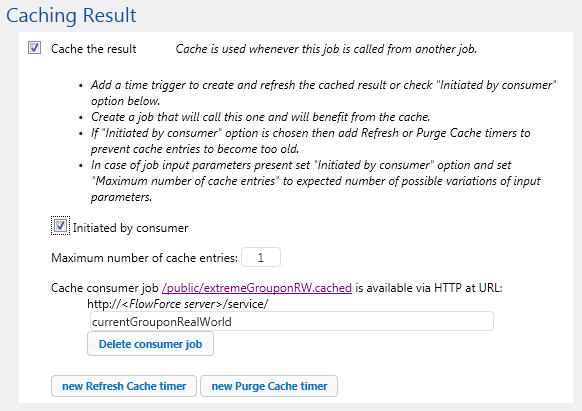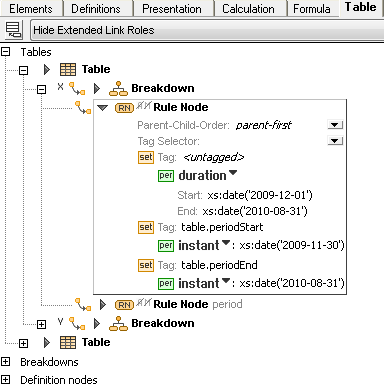Altova’s Latest Release Sets the Performance Bar Even Higher
Release 2 of Altova MissionKit desktop developer and server software products is now available for downloading. This release packs a punch, delivering enhancements that boost performance by two or even three times, as well as updated standards support – and a revolutionary new approach to speeding up XSLT execution called XSL Speed Optimizer.
Let’s take a look at some of these new features in depth.
XSL Speed Optimizer
This new technology is a ground breaking approach to speeding up XSLT transformations, providing tremendous increases in throughput with no analysis required by the developer to determine exactly which XSLT or XPath expressions are causing bottlenecks. The XSL Speed Optimizer analyzes an XSLT transformation and derives an optimization strategy that can be saved within the stylesheet as processing instructions (PI).
Subsequent transformations with the optimized stylesheet using either XMLSpy or RaptorXML will be executed faster using those optimization hints. The XSL Speed Optimizer allows developers to focus on the transformation logic of their stylesheets – rather than spending valuable time identifying and correcting bottlenecks – and leave speed optimization to XMLSpy.

Additional Support for XSLT, XPath, and XQuery 3.0
First introduced in Version 2014, support for XSLT 3.0 has been updated to include even more functionality, and support for XQuery 3.0 is now finalized in XMLSpy and RaptorXML Server, allowing developers to harness the power of these new standards versions during editing, debugging, reporting, and processing.
Support for XPath 3.0 and XSLT 3.0 is now also available in StyleVision for report generation based on XML, database, and XBRL data sources.
An example of an XPath 3.0 expression being written for an XSLT 3.0 stylesheet is shown below, in the newly enhanced XPath dialog in StyleVision:

New Altova extension functions
XMLSpy, StyleVision, and RaptorXML Server all include support for a large number of new Altova extension functions for XSLT and XQuery development and processing. The new extension functions augment the standard XPath functions to meet common requirements quickly and efficiently. Examples include adding years, months, days, hours, minutes, or seconds directly to a date/time without a need to understand complex duration syntax, calculating age, repeating a string, converting between hex and integer formats, and so on.
Support for XBRL Table Linkbase
XBRL Table Linkbase provides a mechanism for specifying how XBRL data should be displayed that goes beyond the standard capabilities of the presentation linkbase to define the presentation of multi-dimensional XBRL data in a format that is more familiar to non-technical stakeholders such as accountants, financial professionals, and other business users.
XMLSpy 2014r2 now includes a graphical XBRL Table Linkbase editor for creating, editing, and validating XBRL Table Linkbases, as well as generating tables based on table linkbase definitions, providing developers all the tools they need to start utilizing this important new specification.
XBRL Table linkbase is also supported on RaptorXML+XBRL Server for lightning-fast validation and processing of XBRL documents.
New data mapping options
MapForce 2014r2 includes a number of new features for customizing any-to-any data mapping projects, including support for CDATA generation in XML files, new functions for processing and generating sequences, time-out settings for Web services calls, and more.
StyleVision is now powered by RaptorXML
The RaptorXML engine is now built into StyleVision, enabling lightning-fast XSLT transformations as well as support for XSLT 3.0 and XPath 3.0. StyleVision joins several other MissionKit products powered by RaptorXML, including XMLSpy, MapForce, and SchemaAgent.
Significant speed increase for XML and XBRL validation
RaptorXML Server 2014 already delivered on the promise of lightning fast XML validation, and v2014r2 is even quicker – up to two times faster* on multi-core machines when taking advantage of the parallel validation option.
Validation speeds on multicore machines are much faster for XBRL, as well – up to three times faster* on RaptorXML+XBRL Server 2014r2.
Job caching enhancements
FlowForce Server job caching has been enhanced with several new features. Job caching allows administrators to schedule execution of time consuming jobs, store the results, and deliver output instantaneously to a Web browser window, upon an HTTP request by an end user. Now in Version 2014 Release 2, job caching is supported for jobs that use parameters and combinations of multiple parameters. Administrators simply define the parameter combinations that will be available in the job configuration dialog.

Bulk insert for databases
Bulk Insert is now supported on MapForce Server, allowing a large volume of data to be inserted into a database table in a single SQL statement, as opposed to the typical method of using individual Insert statements for each row. Since processing overhead by the database engine is greatly reduced, performance is much faster. Testing has shown Bulk Insert can be more than 10 times faster* than individual Insert statements, greatly enhancing MapForce Server performance when writing to a database.
These and many more features are available in Release 2 of Version 2014 of MissionKit desktop developer tools and server software. For a complete list of new features, supported standards, and trial downloads please visit the links above.
Current customers with active Support and Maintenance or active server product licenses can update to the latest version for free.
*Performance results based on Altova internal tests conducted on a typical selection of files comparing Version 2014r2 to the prior version of the server software. Your results may vary.


